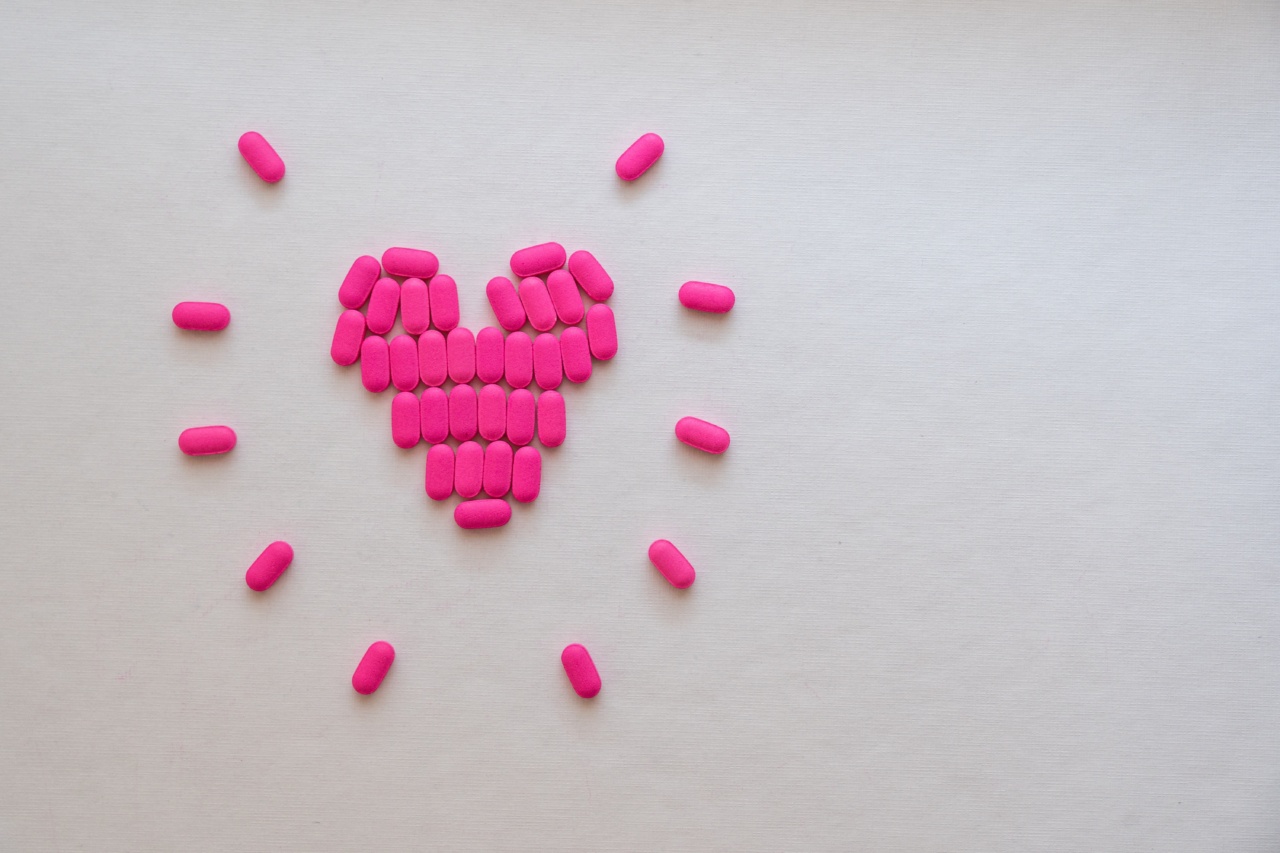Hypertension, commonly known as high blood pressure, is a prevalent health condition affecting millions of people worldwide. Left untreated, hypertension can lead to serious complications, including heart disease, stroke, and kidney failure.
As a result, the management and treatment of hypertension are of utmost importance in reducing the risk of these life-threatening conditions. Antihypertensive drugs play a crucial role in controlling blood pressure, but their benefits extend beyond hypertension management. In this article, we explore the various ways in which these medications protect the heart.
1. Reducing the Risk of Heart Disease
Heart disease, including coronary artery disease, heart attack, and heart failure, is a leading cause of death globally.
Antihypertensive drugs, particularly angiotensin-converting enzyme (ACE) inhibitors and angiotensin II receptor blockers (ARBs), have demonstrated significant benefits in reducing the risk of heart disease. These medications work by dilating blood vessels, improving blood flow, and reducing the workload on the heart.
2. Lowering Blood Pressure
The primary objective of antihypertensive drugs is to lower blood pressure. By controlling hypertension, these medications help prevent the development and progression of heart disease.
Lowering blood pressure reduces the strain on the heart, decreasing the risk of heart attack, stroke, and other cardiovascular complications.
3. Preventing Left Ventricular Hypertrophy
Left ventricular hypertrophy (LVH) refers to the thickening of the heart muscle in response to increased workload, often caused by hypertension. LVH is associated with an increased risk of heart failure and cardiovascular events.
Antihypertensive drugs, such as beta blockers and calcium channel blockers, have been shown to regress LVH and mitigate its adverse effects on the heart.
4. Enhancing Endothelial Function
The endothelium, which lines the inner walls of blood vessels, plays a crucial role in maintaining vascular health.
Antihypertensive drugs improve endothelial function by reducing oxidative stress and inflammation, promoting vasodilation, and preventing the formation of blood clots. Better endothelial function contributes to better heart health and reduces the risk of heart disease.
5. Slowing Atherosclerosis Progression
Atherosclerosis, characterized by the buildup of plaque in the arteries, is a major contributor to heart disease.
Antihypertensive drugs, particularly statins and ACE inhibitors, not only control blood pressure but also exert protective effects against atherosclerosis. These medications reduce inflammation, stabilize plaque, and promote plaque regression, thereby preventing the narrowing of blood vessels and reducing the risk of heart attacks and strokes.
6. Improving Diastolic Dysfunction
Diastolic dysfunction occurs when the heart’s ability to relax and fill with blood is impaired. This condition is common in individuals with hypertension and often precedes heart failure.
Antihypertensive drugs, such as diuretics and calcium channel blockers, help improve diastolic function by reducing fluid retention, optimizing blood volume, and relaxing the arteries, thus reducing the strain on the heart.
7. Preventing Arrhythmias
High blood pressure can disrupt the electrical signals in the heart, leading to abnormal heart rhythms or arrhythmias.
Antihypertensive drugs, especially beta blockers, have antiarrhythmic properties, helping to stabilize the heart’s electrical activity and preventing potentially life-threatening arrhythmias.
8. Mitigating Ischemic Heart Injury
Ischemic heart injury occurs when there is a reduction in blood flow to the heart muscle due to blockages in the coronary arteries.
Antihypertensive drugs, such as calcium channel blockers and ACE inhibitors, dilate blood vessels, increase coronary blood flow, and improve oxygen supply to the heart. By doing so, these medications help mitigate the damage caused by ischemic events.
9. Preventing Stroke
Hypertension is a significant risk factor for strokes, which can have severe consequences, including disability and death.
Antihypertensive drugs, particularly thiazide diuretics and ACE inhibitors, significantly reduce the risk of stroke by lowering blood pressure and maintaining optimal cerebral blood flow.
10. Preserving Kidney Function
Hypertension can lead to chronic kidney disease (CKD) and kidney failure. Antihypertensive drugs, especially ACE inhibitors and ARBs, not only control blood pressure but also provide renal protection.
These medications help dilate blood vessels in the kidneys, reduce inflammation, and prevent progressive kidney damage, thus preserving kidney function in individuals with hypertension.


























